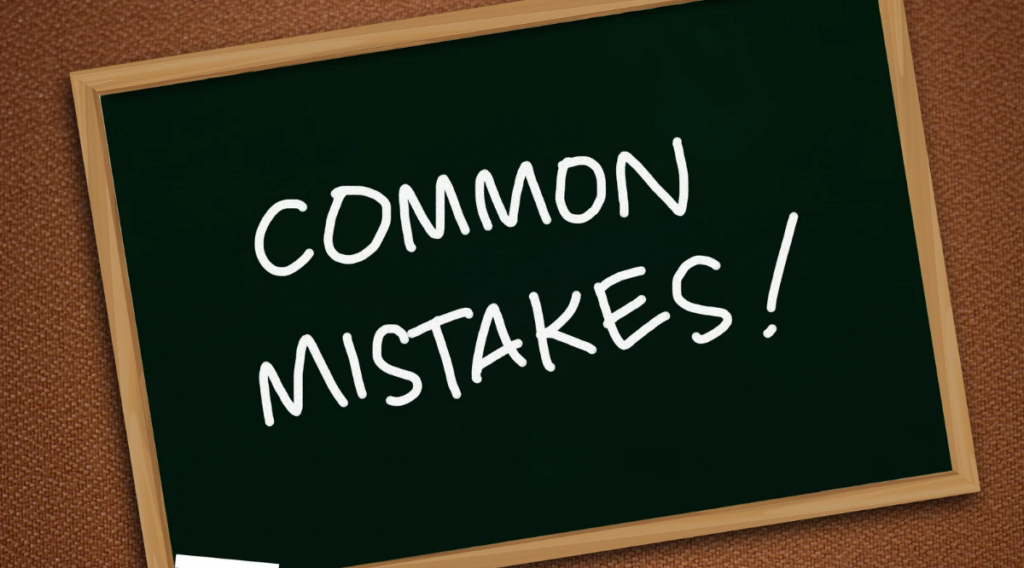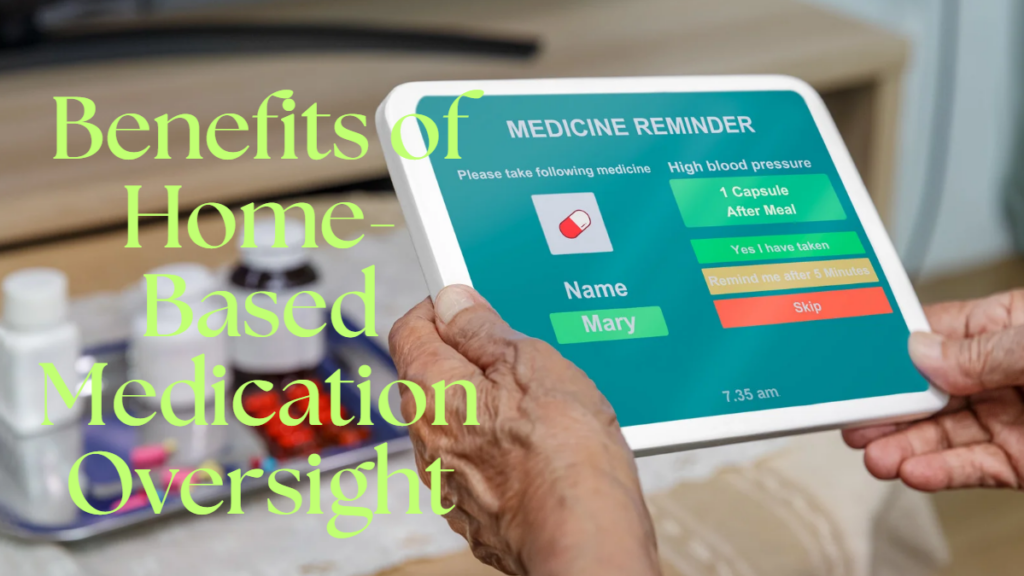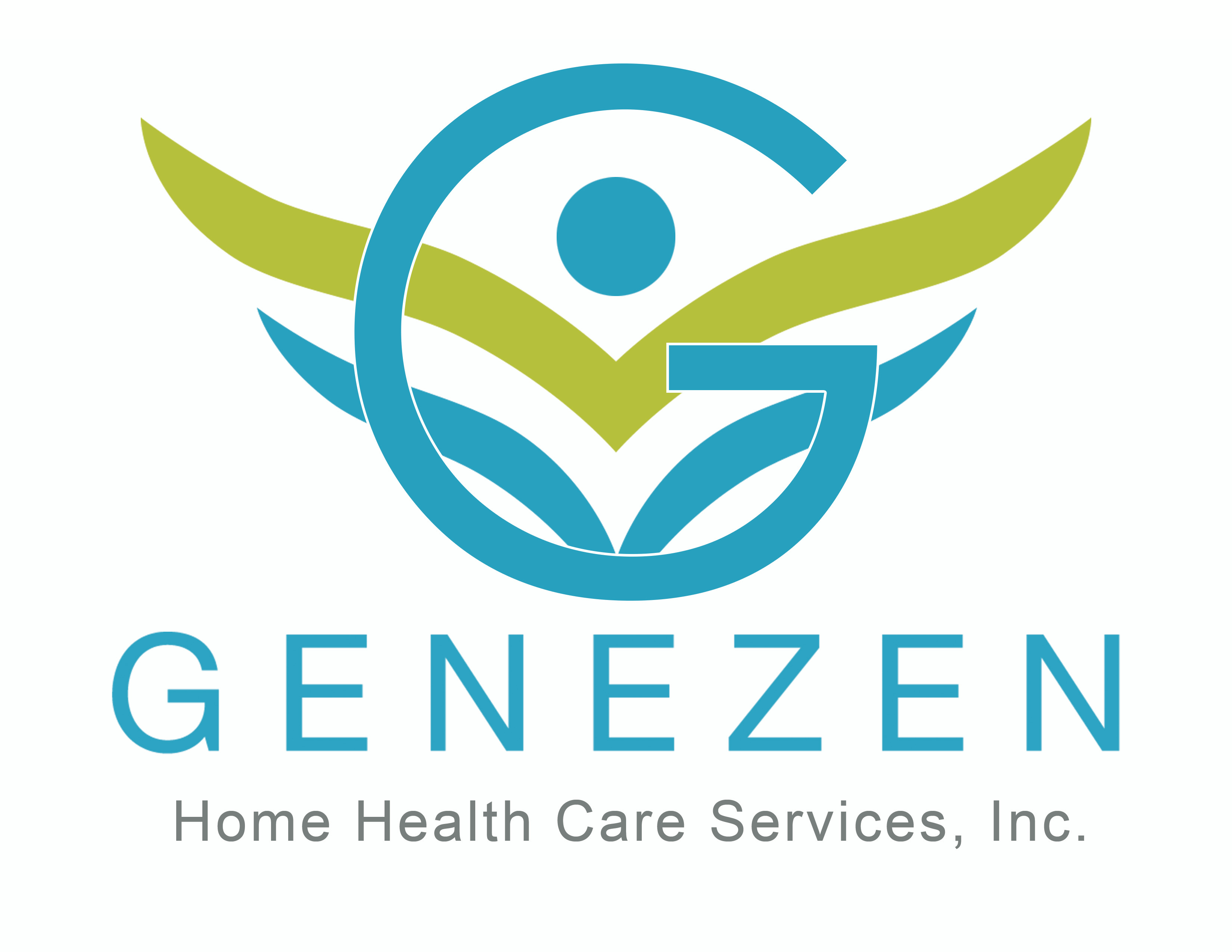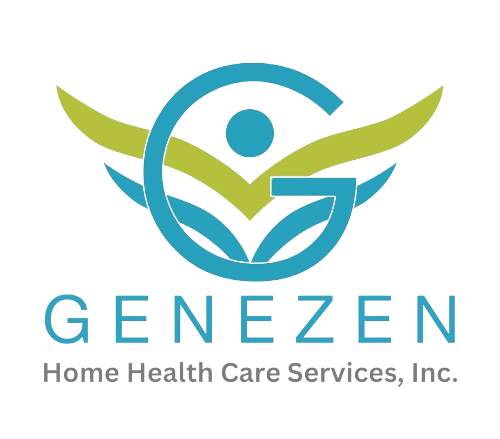Managing medications might seem simple—until it isn’t. As prescriptions pile up, schedules overlap, and side effects emerge, what once was manageable can quickly become overwhelming. For older adults, individuals with chronic conditions, or anyone recently discharged from the hospital, keeping track of multiple medications isn’t just stressful—it can be dangerous.
Fortunately, you don’t have to manage it alone. Home health care offers a practical, personalized approach to ensure medications are taken correctly, consistently, and safely. In this blog, we’ll walk you through the real risks of medication mismanagement, the warning signs, and how home health professionals can bring structure and peace of mind into your routine.
What Is Medication Management?
Medication management is more than organizing pillboxes—it’s a coordinated, supervised process that ensures patients take the right medicine, at the right dose, at the right time.
It involves:
- Medication Reconciliation – Reviewing all current prescriptions, over-the-counter meds, and supplements for safety.
- Developing a Dosing Schedule – Creating a simplified plan that fits the patient’s daily routine.
- Education – Ensuring the patient and their caregivers understand what each medication does, how to take it, and what side effects to watch for.
- Monitoring for Side Effects or Interactions – Constant observation to catch negative reactions early.
- Adjustments Based on Progress – Working with doctors to change dosages or switch medications when needed.
Common Mistakes in Medication Management and Their Consequences

Medication errors are more common than people think—and they can have serious consequences. Mismanagement can lead to hospitalizations, organ damage, or worse. Below are some of the most common medication errors and their implications:
- Missed Doses – Skipping even one dose of a critical medication (like blood pressure meds or insulin) can reduce its effectiveness and put your health at risk.
- Double-Dosing – Taking a second dose by accident can lead to dangerous spikes in blood levels, increasing the risk of overdose or severe side effects.
- Mixing Incompatible Medications – Some medications shouldn’t be taken together. Without a full understanding of drug interactions, harmful combinations can slip through.
- Confusing Schedules – Complex regimens involving different times and days can cause anxiety and lead to mistakes.
- Improper Storage – Storing medications in a hot, humid, or incorrectly labeled place can reduce potency or cause confusion.
- Poor Communication Between Providers – If your doctors or pharmacies aren’t aligned, there’s a greater risk of duplicate medications or dosing errors.
High-Risk Groups Include:
- Seniors
- Individuals with memory loss or cognitive decline
- Stroke survivors
- People taking more than five medications (polypharmacy)
- Recently discharged patients with new prescriptions
Warning Signs That Someone Needs Help with Medication Management
Medication mismanagement often starts small. But over time, small signs can snowball into serious complications. Watch for these red flags:
- Skipping or doubling doses
- Complaining of dizziness, confusion, or fatigue
- Pills scattered or mixed up at home
- Expired or unmarked containers
- Regular ER visits due to health setbacks
- Frustration or anxiety around medication routines
- Cognitive decline or recent memory issues
If you recognize any of these signs in yourself or a loved one, it may be time for professional help.
How Home Health Care Makes Medication Management Safer

Home health care brings trained professionals directly into your home to support safe and effective medication use. Here’s how:
- Skilled Nursing (RNs and LPNs): Nurses assess current medications, monitor vitals, administer injections or IV meds, and alert your doctor about concerns.
- Home Health Aides & Caregivers: Assist with daily reminders, help organize pillboxes, and document when medications are taken.
- Interdisciplinary Coordination: Nurses work closely with your physician and pharmacist to streamline prescriptions, prevent duplication, and flag harmful interactions.
- Education & Support: Patients and caregivers receive guidance on medication purposes, timing, side effects, and when to call the doctor.
Home health care removes the guesswork—and replaces it with consistency, support, and confidence.
Personalized Medication Plans: One Size Doesn’t Fit All
No two patients are alike. That’s why home health agencies build individualized medication management plans based on your health history, conditions, and lifestyle.
Examples:
- A stroke survivor may need blood thinners, anti-hypertensives, and seizure medications—each with a specific timing and food requirement.
- A diabetic patient may require insulin adjustments based on meals and activity levels.
- A cancer patient might juggle pain meds, anti-nausea drugs, and antibiotics.
Home health care professionals create clear, simplified schedules and provide tools like charts, logs, or even digital apps to maintain adherence.
Smart Tools That Support Safe Medication Use
Thanks to technology, managing medication has become easier. These tools are often used alongside home health support:
- Pill Organizers – Color-coded, day/time-based trays that help patients stick to their schedules.
- Automatic Pill Dispensers – Dispense the right dose at the right time, reducing the chance of errors.
- Mobile Reminder Apps – Alarms and notifications ensure doses aren’t forgotten.
- Digital Medication Logs – Help caregivers and nurses track what was taken and when.
- Telehealth Monitoring – Nurses or physicians can check in remotely, review adherence, and make real-time adjustments.
Benefits of Home-Based Medication Oversight

Receiving medication management support in the comfort of your home offers numerous life-changing advantages—for both patients and their families. It’s more than convenience; it’s a vital part of safe, consistent, and effective care.
Reduced Hospitalizations
When medications are missed, taken incorrectly, or not monitored, the result can be a trip to the emergency room. With professional oversight, potential problems are caught early—before they become emergencies. This alone can significantly reduce hospital readmissions, especially for those with chronic conditions like heart disease, diabetes, or hypertension.
Improved Health Outcomes
Adherence to prescribed medication routines plays a key role in managing long-term conditions. Regular home visits ensure that medications are working as intended, and any side effects or adjustments can be addressed quickly. The result? Better symptom control, improved energy, and fewer setbacks.
Less Caregiver Stress
Family members often take on the task of managing medication without medical training. Home health professionals take this pressure off their shoulders, offering skilled support that ensures accuracy—while allowing families to focus on emotional connection and day-to-day living.
More Patient Confidence
As patients gain a better understanding of their medications and routines—with the help of trained nurses and caregivers—they begin to trust themselves more. Confidence leads to independence, which leads to dignity.
With the right structure, tools, and a caring home health team, medication management becomes a source of strength—not stress. It’s the foundation for safer healing and healthier living.
When to Ask for Professional Help

It’s not always easy to know when to step in and ask for outside support—especially when your loved one appears to be managing on their own. But medication management can become complicated quickly, and even small mistakes can lead to serious consequences.
Here are some key signs that it may be time to involve a home health professional:
- Has your loved one recently been discharged from the hospital or rehab center with new or adjusted medications?
- Are they living with chronic illnesses like heart failure, COPD, diabetes, or Parkinson’s that require daily medication routines?
- Are they prescribed five or more medications a day—commonly known as polypharmacy?
- Have you noticed memory loss, confusion, difficulty reading medication labels, or signs of poor vision?
- Have they had a recent fall, fainting episode, or emergency room visit linked to a medication error?
If you answered yes to any of these questions, it’s a clear signal that professional assistance may be needed. A home health care services team can provide a comprehensive medication review, ensure prescriptions are taken correctly, and catch potential problems early. Don’t wait for a crisis—proactive care can prevent avoidable setbacks and protect your loved one’s safety.
Final Thoughts: Safe Medication Management Begins at Home
Medications can heal—but only if taken properly. Inconsistent use, skipped doses, and confusion around prescriptions can do more harm than good. With the right support system, you don’t have to take chances.
Home health care gives patients the tools and hands-on guidance they need to stay on track, avoid complications, and live independently. Whether you’re caring for an aging parent or managing your own health, know this: you’re not alone.
Genezen Home Health Care is here to support you with professional, compassionate care that puts your health—and your peace of mind—first.


